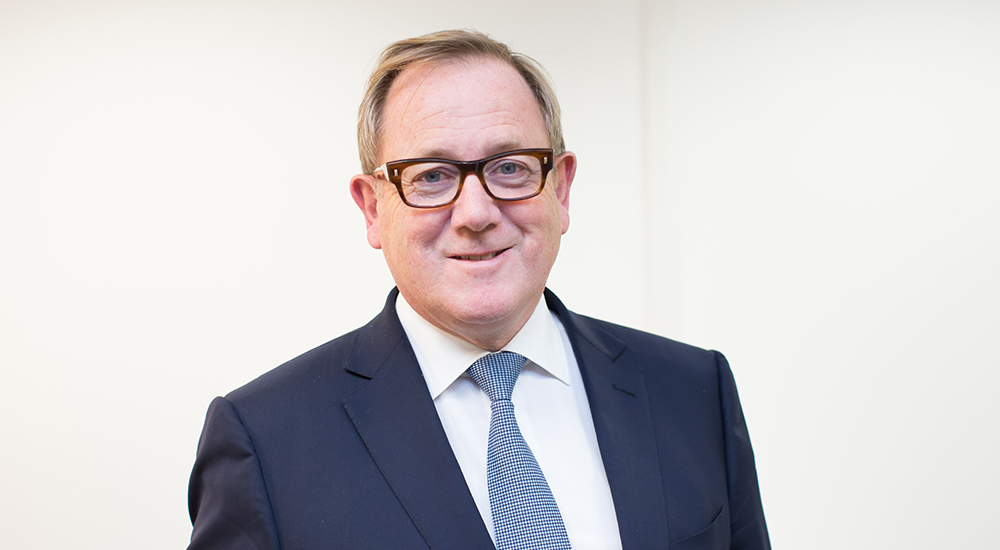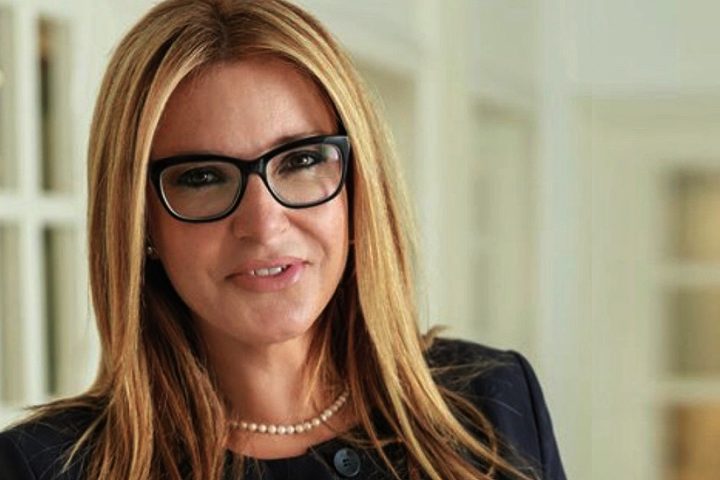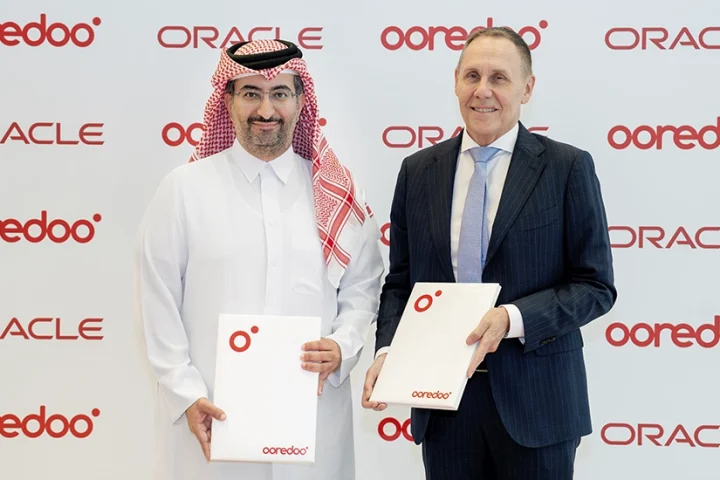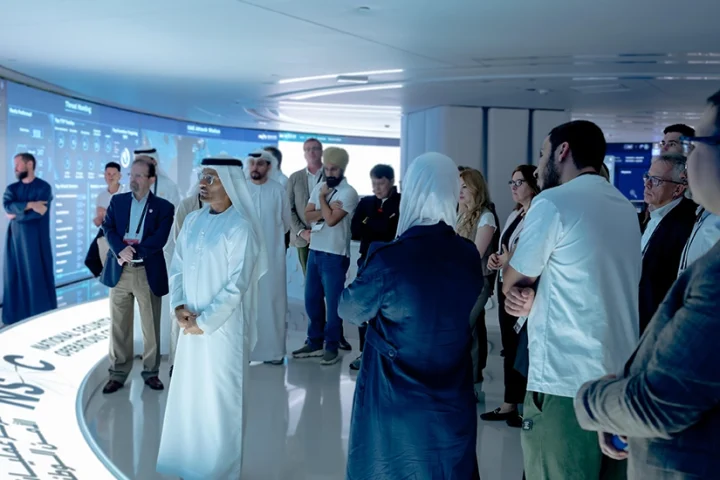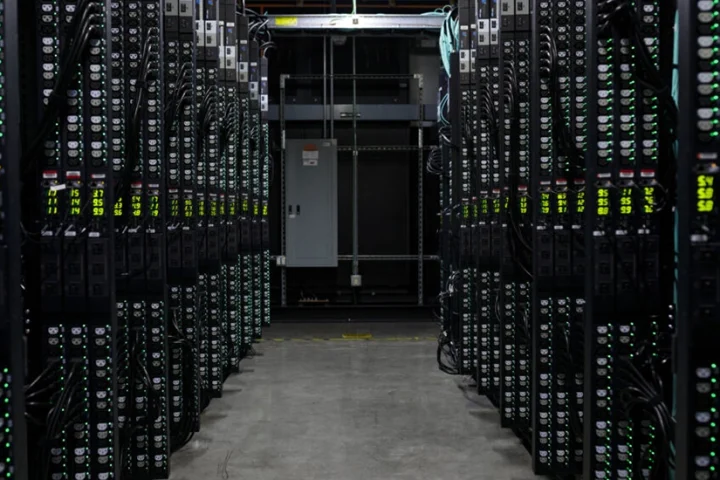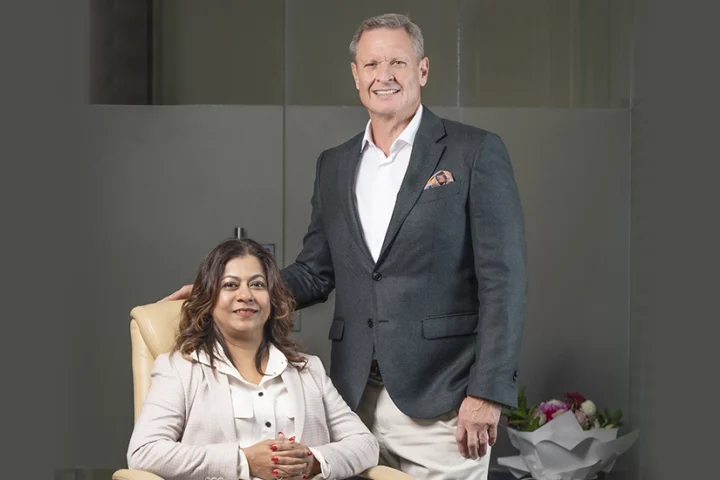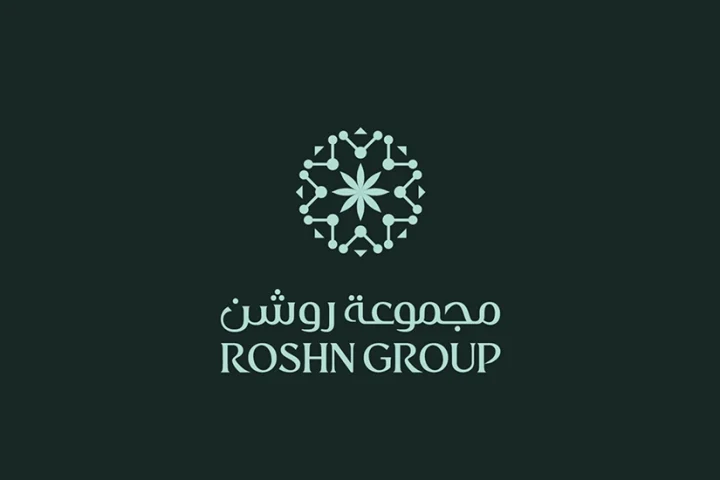The increasing migration of flexible office space and co-working locations to areas outside of major metropolitan cities globally is creating a flex economy that could contribute more than $254 billion to local economies in the next decade, according to the first comprehensive socio-economic study of second-city and suburban workspaces by Regus.
This rise in local working is being largely driven by big companies adopting flexible working policies; moving away from relying on a single, central HQ and increasingly basing employees outside of the major metropolitan hubs in flex spaces. Most are doing so to improve employee well being by allowing their people to work closer to home, and also to save money and boost productivity.
The findings of the study are relevant in the UAE too, where increasingly businesses are exploring setting up operations in new neighbourhoods in Dubai and other emirates. This is benefiting businesses and people by improving productivity and innovation and reducing commuting time. It is also stimulating businesses and services in the nearby area, opening new working opportunities for those who live locally.
The research also shows that convenient office space has a further societal advantage, by providing working opportunities to people who might otherwise be unable to travel to an office. This could include disabled people, as well as those with caring responsibilities. As the labour markets tighten, local flexible workspaces could open new routes to top talent.
We are seeing a shift to new areas of Dubai and other Emirates and to respond to this shift Regus will open a new centre in Ras Al Khaimah
Kory W Thompson, Country Head Middle East for Regus’ parent company IWG, said: “The UAE continues to attract businesses to set up operations in its key cities. But, increasingly we are seeing a shift to new areas of Dubai and other Emirates. To respond to this shift, Regus is due to open a new centre in Ras Al Khaimah in 2020.”
“We are also looking for partners to collaborate on new centres in the Northern Emirates, including Fujairah and Al Ain. We plan to further grow into new areas of Dubai, including Dubai Silicon Oasis in early 2020 and expand our presence in new developments. Our goal is to be the only flexible working provider that will offer full country coverage from Ras Al Khaimah to Abu Dhabi.”
Mark Dixon, CEO for Regus’ parent company IWG, added: “When people commute into major cities, their wallets commute with them. Working locally keeps that spending power closer to home. What this study shows is that providing more opportunities for people to work closer to home can have a tremendous effect, not just on them, but on their local area too.”
“Businesses also recognise the benefits and we are seeing increasing demand from companies of all sizes for flexible space in smaller cities and towns. Larger businesses are opting for a ‘hub and spoke’ real estate model. At the same time, smaller enterprises want to cluster and collaborate, and so choose flexible workspaces to be near other businesses.”


